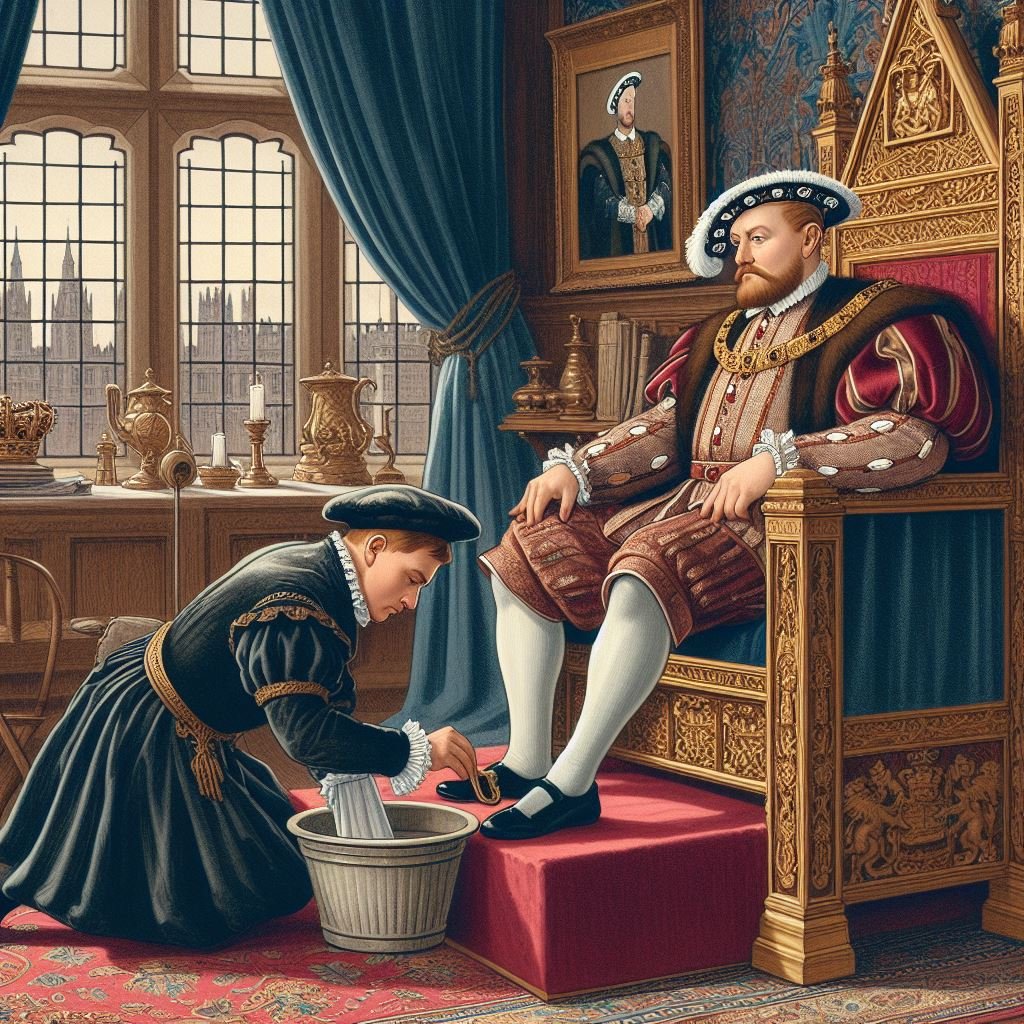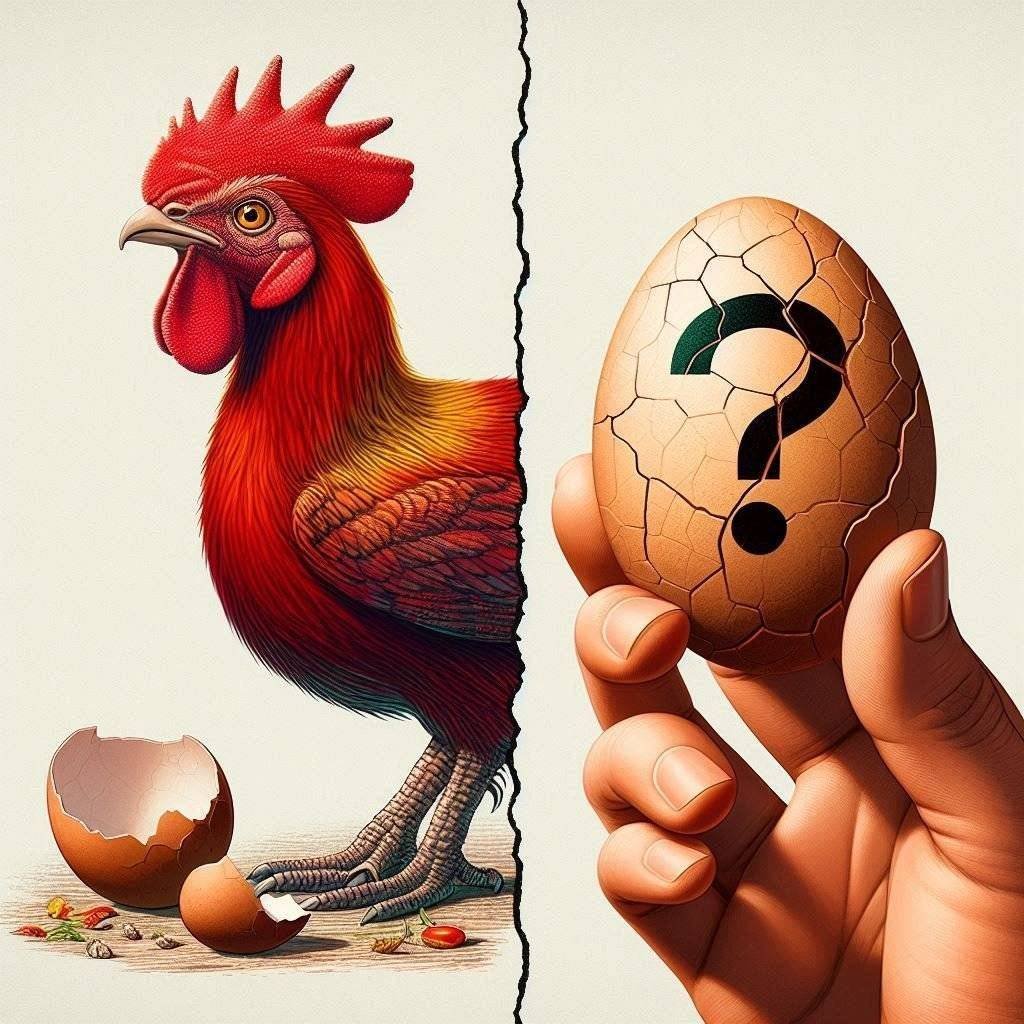The court of a king is often romanticized as a place of grandeur, filled with gallant knights and elegant ladies. However, beneath the surface lurked realities sometimes far less glamorous. One such position in the English court of King Henry VIII (1491-1547) was the rather peculiar role of the “Groom of the Stool.”
Beyond the Valet: The Intimate Duties of the Groom
Contrary to the name, the Groom of the Stool wasn’t just a glorified valet responsible for the king’s clothing and personal grooming. This individual held a far more intimate and, frankly, unpleasant position. They were tasked with attending to the king’s most private matters – his bathroom needs.
The duties of the Groom of the Stool encompassed a wide range of responsibilities:
- Assisting the King: This included helping the king on and off the toilet, a particularly crucial task considering the often-elaborate clothing of the era.
- Hygiene and Cleanliness: The Groom was responsible for ensuring the king’s personal hygiene after using the facilities, a duty that likely involved cleaning chambers and changing garments.
- Monitoring Health: By observing the king’s bowel movements, the Groom could potentially identify any health problems. They might even have relayed such information to the royal physicians.
- Travel Companion: The Groom accompanied the king on his travels, ensuring his needs were met regardless of location.
More Than Just Duty: The Power and Influence of the Grooms
Despite the seemingly unpleasant nature of the job, the Groom of the Stool held a surprisingly high position in the royal court. Here’s why:
- Proximity to Power: The Groom enjoyed unparalleled physical and emotional closeness to the king. This level of intimacy often translated into significant influence. The Groom could potentially sway the king’s opinion on various matters or act as a conduit for others seeking the king’s favor.
- Trust and Confidentiality: The nature of their duties demanded a high level of trust from the king. The Groom was privy to the king’s most private moments and health concerns, requiring absolute discretion and loyalty.
- Rewards and Recognition: The position, while unusual, wasn’t without its perks. Grooms of the Stool often received generous salaries, gifts, and even knighthoods for their faithful service. For ambitious individuals, it offered a potential path to power and influence.
Historical Context: A Closer Look at Sanitation
To fully understand the role of the Groom of the Stool, we must consider the state of sanitation in 16th-century England. Toilets as we know them today weren’t commonplace. Royal chambers might have featured a close-stool (a portable chair with a chamber pot underneath), but waste disposal remained a significant challenge.
The Groom’s role went beyond simple hygiene. They ensured the king’s waste was disposed of properly, mitigating health risks and unpleasant odors. In a time where sanitation practices were far from ideal, this role played a crucial part in maintaining the king’s health and comfort.
The Evolution of the Role: From Stool to Close Stool
Over time, the title “Groom of the Stool” gradually evolved into the more euphemistic “Groom of the Close Stool” or simply “Groom of the Chamber.” The duties remained essentially the same, but the title shift reflected a growing societal aversion to discussing bodily functions so directly.
By the 18th century, the role’s responsibilities had shifted further. As chamber pots became more common and personal hygiene practices improved, the Groom’s focus moved towards general valet duties like managing the king’s wardrobe and preparing his chambers.
Beyond England: Parallels in Other Courts
The concept of a royal attendant responsible for the king’s personal hygiene wasn’t unique to England. Similar positions existed in other European courts throughout history. Titles like “Grand Chambellan” in France or “Guarda-roupa” in Portugal reflect the presence of individuals entrusted with the king’s most private matters.
A Legacy of Service: The Enduring Impact of the Grooms
While the position of the Groom of the Stool may seem strange or even repulsive by modern standards, it serves as a reminder of the realities of court life in a bygone era. These individuals played a vital role in ensuring the king’s well-being, comfort, and even political influence.
The legacy of the Grooms of the Stool extends beyond their unusual duties. They highlight the importance of personal hygiene and sanitation throughout history. Their stories also offer a glimpse into the complex power dynamics within a royal court, where even the most intimate duties could hold significant power and influence.



